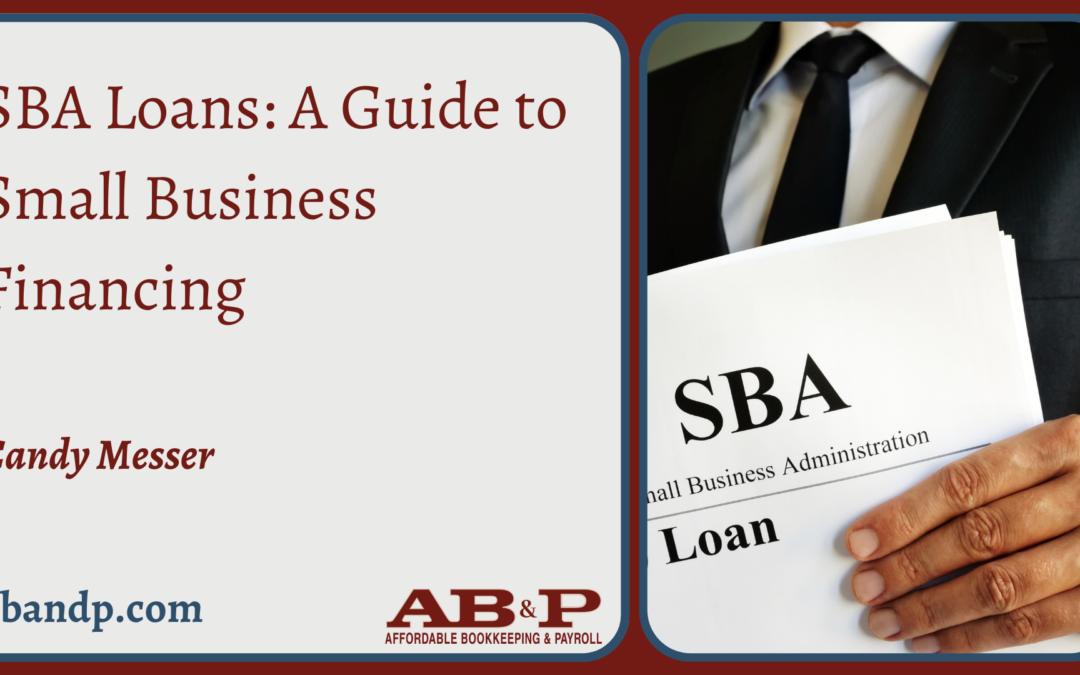Are you a business owner in need of additional financing? Do you wish you had a low-cost option to consider? An SBA loan may be a good option for you.
SBA loans are loans for small businesses that are partially guaranteed by the U.S. Small Business Administration. There are three main types of loan programs: 7(a), CDC/504, and microloans. These loans can be used for various business needs, such as working capital, buying equipment or inventory, refinancing debt, or purchasing real estate.
SBA loans have low-interest rates and long repayment terms, making them attractive for business financing. However, they take longer to fund and require a detailed application process.
“Let’s look at a few more pros and cons of SBA loans.”
A few benefits of SBA loans include
● SBA loans typically have lower interest, as the SBA sets guidelines for maximum rates.
● Repayment terms for SBA loans are usually long, ranging from 10 to 25 years, allowing businesses to manage their cash flow effectively.
● SBA loans can be used for different purposes, providing flexibility in how the funds are used.
● Down payments for SBA loans are often low, usually around 10% of the loan amount.
A few downsides of these types of loans include
● Qualifying for SBA loans can be challenging, as you need a strong business history, good revenue, and excellent personal credit.
● The application process for SBA loans is lengthy and requires a lot of paperwork. Online applications may not be available, and you might need to visit a bank branch.
● Collateral may be required for SBA loans, and a personal guarantee is needed from owners with a 20% or higher stake in the business.
If after considering the pros and cons you feel this is a great option for you, the next step is completing an application. Applying for an SBA loan involves a complex process. You’ll need to provide various documents, including financial statements, collateral information, business description, and details on how the loan will be used. Some of the required documents may include a driver’s license, bank statements, tax returns, and business plans.
Banks that participate in SBA loans look for applicants with good credit, a solid business plan, profitable operations, and the ability to repay the loan. Your borrowing history is crucial for the bank when considering your SBA loan application.
To begin, contact your bank to see if they offer SBA financing as it’s more likely easier to get funding from a bank where you already have a relationship started. If not, contact the SBA to find financial institutions they work through to see which may be the right option for you.
The process may be long and somewhat tedious, but getting lower-interest financing with more time to pay back the principal can help you improve your cash flow for years to come!
